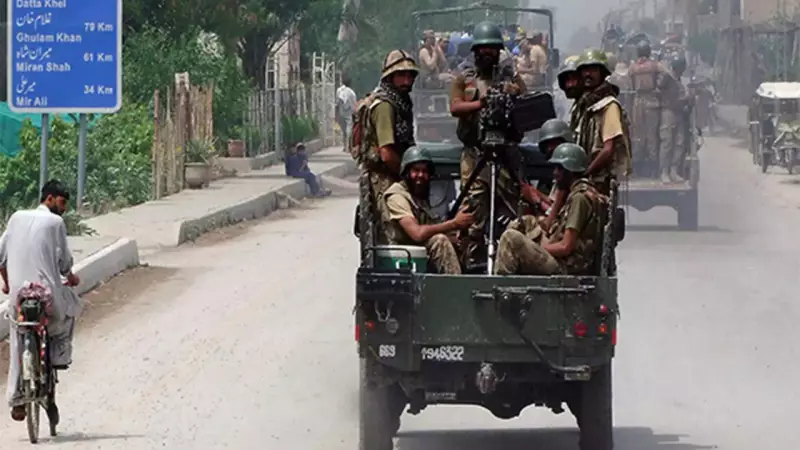
In a dramatic escalation of border tensions, Pakistan reported fierce clashes with Afghanistan-based militants that left at least 30 people dead, including five Pakistani soldiers and twenty-five militants. The violence erupted unexpectedly while diplomatic channels were actively engaged in ceasefire negotiations.
Ceasefire Talks Overshadowed by Bloodshed
The timing of these clashes raises serious concerns about the future of peace efforts between the two neighboring nations. Just as diplomats from both sides were attempting to broker a truce, the border region transformed into a battlefield, casting doubt on the viability of current diplomatic initiatives.
Casualty Figures and Military Response
According to official Pakistani military statements, the five fallen soldiers were described as having "made the ultimate sacrifice while defending the motherland." The significant militant casualties—twenty-five confirmed kills—suggests the Pakistani forces mounted a substantial counter-operation against what they identify as terrorist elements operating from Afghan territory.
Regional Implications and Security Concerns
This fresh outbreak of violence threatens to destabilize the already fragile security situation in the region. The Pakistan-Afghanistan border has long been a flashpoint for conflict, with Islamabad repeatedly accusing Kabul of providing safe havens to militant groups targeting Pakistani interests.
What This Means for Future Relations
The simultaneous occurrence of diplomatic talks and deadly clashes presents a complex challenge for both governments. Analysts suggest that such incidents could either derail ongoing peace efforts or create renewed urgency for a comprehensive border security agreement between the two nations.
As the dust settles, both governments face mounting pressure to address the root causes of cross-border violence while maintaining diplomatic engagement. The international community watches closely as this critical regional relationship navigates through its latest crisis.





